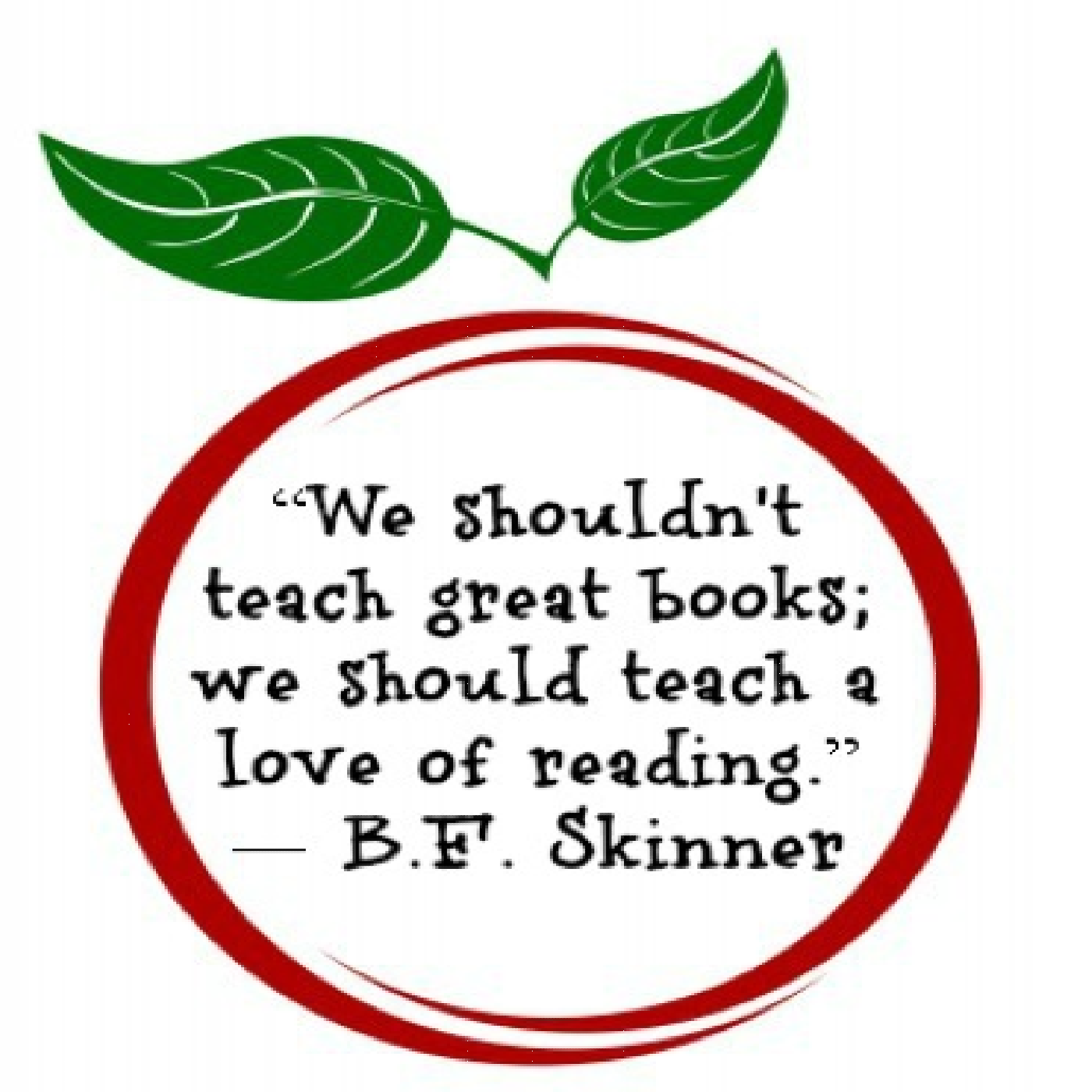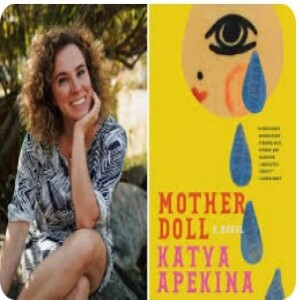
26K
Downloads
304
Episodes
The Chills at Will Podcast is a celebration of the visceral beauty of literature. This beauty will be examined through close reads of phrases and lines and passages from fiction and nonfiction that thrills the reader, so much so that he wants to read again and again to replicate that thrill. Each episode will focus on a different theme, such as "The Power of Flashback," "Understatement," "Cats in the Cradle," and "Chills at Will: Origin Story."
Episodes

Monday Aug 19, 2024
Monday Aug 19, 2024
Notes and Links to Katya Apekina’s Work
For Episode 248, Pete welcomes Katya Apekina, and the two discuss, among other topics, her language abilities and her extensive cross-cultural readings; motherhood, the loss of loved ones, and other catalysts for Mother Doll, and salient themes and issues in her collection like intergenerational traumas, women’s agency, fatalism, guilt, and redemption.
Katya Apekina is a novelist, screenwriter and translator. Her novel, The Deeper the Water the Uglier the Fish, was named a Best Book of 2018 by Kirkus, Buzzfeed, LitHub and others, was a finalist for the LA Times Book Prize and has been translated into Spanish, Catalan, French, German and Italian. She has published stories in various literary magazines and translated poetry and prose for Night Wraps the Sky: Writings by and about Mayakovsky (FSG, 2008), short-listed for the Best Translated Book Award. She co-wrote the screenplay for the feature film New Orleans, Mon Amour, which premiered at SXSW in 2008. She is the recipient of an Elizabeth George grant, an Olin Fellowship, the Alena Wilson prize and a 3rd Year Fiction Fellowship from Washington University in St. Louis where she did her MFA. She has done residencies at VCCA, Playa, Ucross, Art Omi: Writing and Fondation Jan Michalski in Switzerland. Born in Moscow, she grew up in Boston, and currently lives in Los Angeles with her husband, daughter and dog.
“Katya Apekina’s ‘Mother Doll’ isn’t your ordinary ghost story” in The Los Angeles Times
At about 2:40, Katya talks about her early experiences in being bilingual and how her early language learning has affected her reading and writing and ways of seeing the world
At about 6:05, Katya talks about ways in which Russian writing manifests itself
At about 8:00, Katya catalogs formative and informative writers and writing upon which she draws inspiration
At about 9:45, Katya details a Holden Caulfield-esque action she took in high school
At about 10:45, The two discuss cool craft techniques of Chekhov
At about 11:25, Katya outlines the beginnings of her formal writing life after pivoting from photography, including the power of Charles Simic and Roberto Bolaño
At about 14:45, Katya highlights contemporary writers who inspire and thrill her, including Sasha Vasilyuk and Ruth Madievsky, and Alexandra Tanner
At about 17:35, Pete shares the wonderful reviews for the book, including Lauren Groff’s
At about 18:20, Katya shares seeds for the book, especially with regards to intergenerational traumas
At about 21:45, Katya recounts some plot summary and real-life inspirations and parallels
At about 22:50, Pete quotes the book’s first line-a “banger”-and Katya gives background on the book’s sequencing
At about 25:25, Pete sets some of the book’s exposition and asks Katya about the “chorus” and her visual idea of this chorus
At about 27:20, Irina is introduced and the two discuss her wanting to relieve her burdens, and Katya describes what Zhenia might see in Anton/Ben
At about 30:10, Katya responds to Pete’s questions about why Zhenia decides to help translate for Paul, the medium, regarding her great-grandmother
At about 33:00, Katya expands upon Paul’s reasons for getting into the medium space, as well as how some people are many “permeable” to messaging from beyond
At about 35:10, Pete traces some early flashbacks from Irina and her early leanings towards revolution
At about 36:15, Katya responds to Pete’s asking about Hanna and other characters and their motivations and possible naivete
At about 39:00, Pete and Katya discuss the changing and convoluted factions and connections that characterized the Russian Revolution, and the differing visions of change
At about 41:50, Katya talks about how Zhenia thinks of her grandmother’s death and funeral
At about 43:30, Pete asks about parallels in the book, both on the micro and macro levels; Katya speaks about “iterations” of history
At about 46:30, Pete alludes to “Eleven” by Sandra Cisneros in asking Katya to speak to the significance of the book’s title
At about 48:40, The two discuss fatalism as a common theme in Russian diasporic literature in general, and this book in particular
At about 51:00, Katya talks about exciting upcoming projects
At about 52:00, Katya gives contact info and social media information
You can now subscribe to the podcast on Apple Podcasts, and leave me a five-star review. You can also ask for the podcast by name using Alexa, and find the pod on Stitcher, Spotify, and on Amazon Music. Follow me on IG, where I’m @chillsatwillpodcast, or on Twitter, where I’m @chillsatwillpo1. You can watch this and other episodes on YouTube-watch and subscribe to The Chills at Will Podcast Channel. Please subscribe to both my YouTube Channel and my podcast while you’re checking out this episode.
I am very excited about having one or two podcast episodes per month featured on the website of Chicago Review of Books. The audio will be posted, along with a written interview culled from the audio. A big thanks to Rachel León and Michael Welch at Chicago Review.
Sign up now for The Chills at Will Podcast Patreon: it can be found at patreon.com/chillsatwillpodcastpeterriehl
Check out the page that describes the benefits of a Patreon membership, including cool swag and bonus episodes. Thanks in advance for supporting my one-man show, my DIY podcast and my extensive reading, research, editing, and promoting to keep this independent podcast pumping out high-quality content!
This month’s Patreon bonus episode features segments from conversations with Deesha Philyaw, Luis Alberto Urrea, Chris Stuck, and more, as they reflect on chill-inducing writing and writers that have inspired their own work.
This is a passion project of mine, a DIY operation, and I’d love for your help in promoting what I’m convinced is a unique and spirited look at an often-ignored art form.
The intro song for The Chills at Will Podcast is “Wind Down” (Instrumental Version), and the other song played on this episode was “Hoops” (Instrumental)” by Matt Weidauer, and both songs are used through ArchesAudio.com.
Please tune in for Episode 249 with Jesse Katz, whose writing has appeared in The New York Times Magazine, New York Magazine, Rolling Stone, Details, Texas Monthly, Food & Wine, Men's Health, and many other publications. His work has been anthologized in Best American Magazine Writing and Best American Crime Writing; his latest book is the critically-acclaimed The Rent Collectors, about the reverberations of a tragic murder in LA’s MacArthur Park area.
The episode airs later today, August 20.
Lastly, please go to https://ceasefiretoday.com/, which features 10+ actions to help bring about Ceasefire in Gaza.

No comments yet. Be the first to say something!